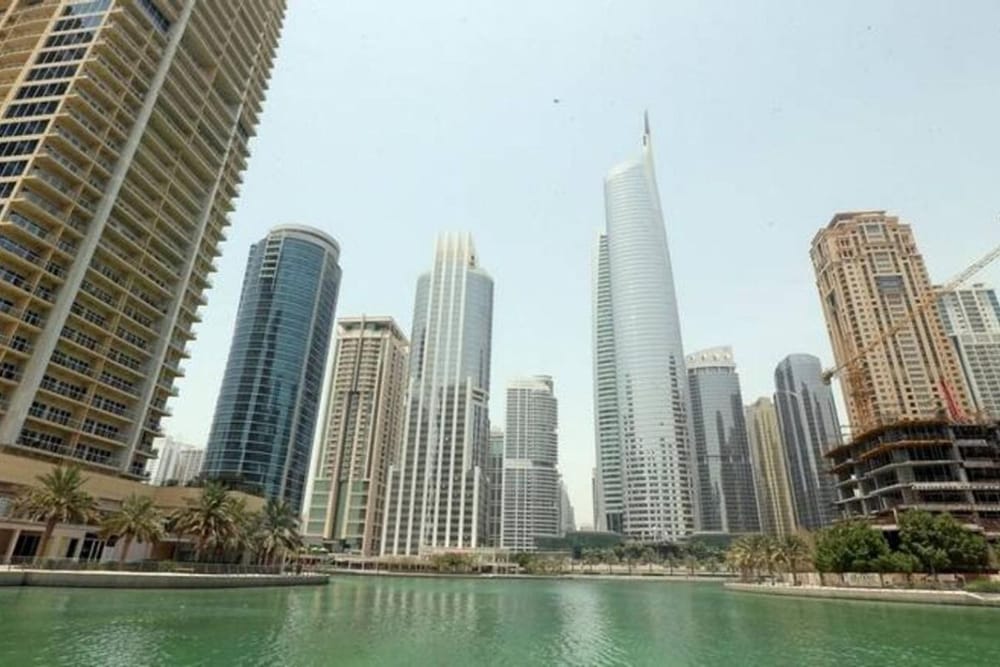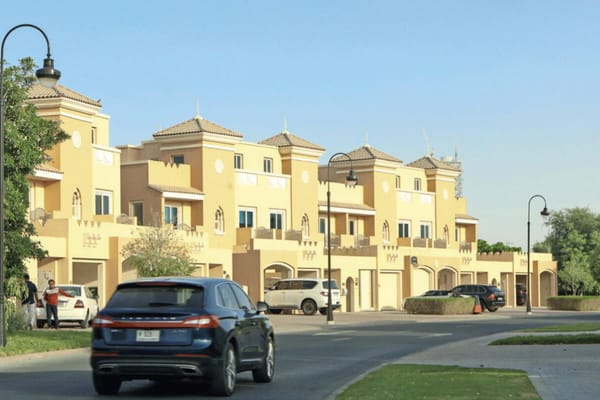Dubai's property prices and rentals are projected to increase through 2025, driven by a population growth rate that is three times faster than the rate of new property developments in the first quarter of this year. Industry experts have extended their positive outlook into the next year, noting that demand continues to significantly exceed supply. This trend has accelerated following the UAE's removal from the Financial Action Task Force’s (FATF) Grey List in February 2024. The delisting, which highlighted the UAE's commitment to financial transparency, has further enhanced its attractiveness to international investors.
Initially, it appeared that the price rally in Dubai's real estate market was tapering off this year. However, updated estimates on supply and demand suggest that the upward trend is likely to continue into the next year, particularly within the luxury sector. Richard Waind, CEO of Betterhomes, highlighted a critical issue:
"A significant shortage of ready homes is impacting the market this year. While the population increased by 26,000 in the first quarter, only about 6,500 new homes were completed. This discrepancy continues to strain the rental market, pushing rental prices up by 22 percent year-over-year."
Looking forward, Waind anticipates sustained growth in Dubai's appeal and population, which will likely keep real estate prices elevated through 2024 and into 2025. "It’s not until 2026 and 2027 that we expect to see enough new properties coming onto the market to begin easing price pressures significantly," he explained. Waind also noted the positive impact of the UAE's removal from the FATF Grey List, suggesting that the bullish market trend could persist for the foreseeable future.
Despite a 45 percent increase in the number of units completed in Q1 2024 compared to the same quarter last year, the supply still falls short of matching the burgeoning demand spurred by population growth. Initially, some real estate analysts predicted a slowdown in price and rental increases, attributing this to a reduction in inflows from Russia. However, sustained demand from affluent investors from other markets, including the US and Canada, continues to drive high prices and rentals in the emirate.
According to the Property Monitor report by Cavendish Maxwell, released in April, demand for properties in the Dh3-5 million range rose by 2.6 percent in March compared to the previous month. Additionally, properties valued between Dh5-10 million and those over Dh10 million experienced increases of 1.5 percent and 0.2 percent, respectively, in month-on-month demand. This uptick has spurred real estate developers to accelerate the launch of new projects across both affordable and ultra-luxury segments. In response to the robust demand, developers have significantly ramped up their activity, with an average of one new project being launched every 18 hours.
Betterhomes highlighted the impact of major developments and growing demand for off-plan properties, combined with the continuous influx of new residents, predicting a substantial expansion in housing supply over the next five years. This surge in activity coincided with a record-breaking first quarter in 2024, where Dubai recorded 34,000 transactions, marking a 20 percent increase over the same period last year and setting a new record for the largest quarter in the emirate's real estate market history.
In the first quarter, off-plan properties remained the market leaders, accounting for 58 percent of all transactions, as both end-users and investors increasingly viewed off-plan purchases as ideal. The total sales value of these transactions saw a substantial increase of 25 percent, reaching Dh87.8 billion. In terms of property types, average villa prices in key communities experienced significant growth, ranging from 11 percent to 38 percent. Similarly, apartment prices also surged, with increases ranging from seven percent to 29 percent.
News Source: Khaleej Times









